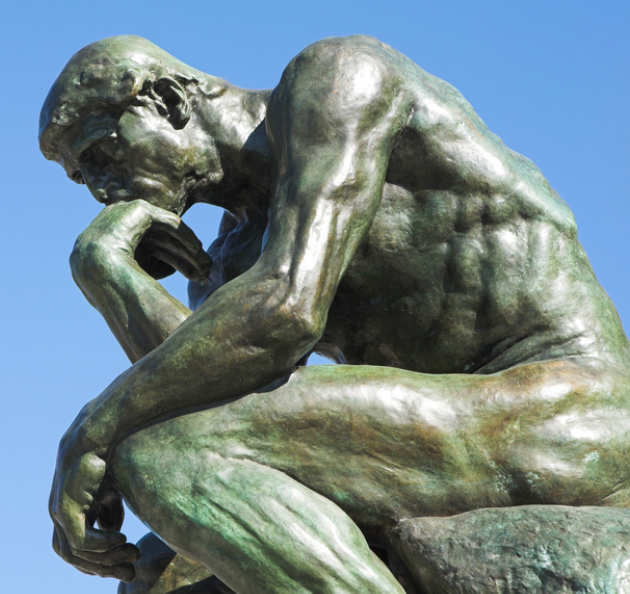Module details
- Offered to 1st years
- Tuesdays 16.00-18.00
- 8 weeks (autumn or spring term)
- Planned delivery: On campus (South Kensington)
- Non-credit only
What are the limits of human knowledge? What is the difference between knowledge and opinion? How is the mind related to the physical body? What is it to do the right thing and why should we even try? Are we free? Can a machine be conscious? What is the nature of Beauty? These are some of the key questions that have puzzled philosophers and scientists for centuries, and each has spawned its own specific area of philosophical enquiry.
In this short introductory module we will engage in a brief overview of some of the answers that have been proposed to these, and other, questions. The module can function as a stand-alone introduction to philosophy, or it can function as an introduction to the more specialised philosophical modules offered in subsequent years of your degree.
Information blocks

- Critically analyse and articulate philosophical concepts and problems
- Identify the difference between opinion and argument.
- Integrate concepts using self-directed primary and secondary research using philosophical texts.
- Demonstrate the ability to conduct self-directed primary and secondary research.
- Analyse philosophical arguments and positions.
The module will give a brief overview of a number of key areas of philosophical interest. Beginning with a discussion of epistemology and questions around truth and knowledge, embracing thinkers such as Plato, Descartes, Kant and others. We will then explore some philosophical issues surrounding human minds, such as the mind-body problem and the possibility of conscious machines.
In the second half of the module we will address questions of value such as the nature and origins of our moral sense, and the philosophy of Art. The core question of these sessions will be that of whether we can ever make objective moral or aesthetic judgements. Continuing the theme of values, we will then look at political philosophy, which address the question of which form of political organisation we ought to adopt.
The module will end with an excursion into Existential philosophy and the works of Jean-Paul Sartre.
- Coursework: Essay (1500–2000 words) (80%)
- Examination: Short answer in-class test (20%)
- ECTS value: 0
- Requirements: You must be prepared to attend all classes and to spend about an hour a week preparing for each session
- This module is designed as an undergraduate Level 4 course. For an explanation of levels, view the Imperial Horizons Level Descriptors page.
"The lecturer was fantastic and made the course very interesting, there was just the right amount of discussion in class."
“Highlight of my week, every week.”
“Discussing in lectures works well and is helpful at getting to grips with philosophical concepts.”
"I like the small group discussion element of the lectures."
"Great module a good break from solely focusing on STEM and useful for developing necessary skills like essay writing that are not really the focus of my degree."
Got any questions?
Contact the lecturer
Mr Greg Artus
g.artus@imperial.ac.uk
